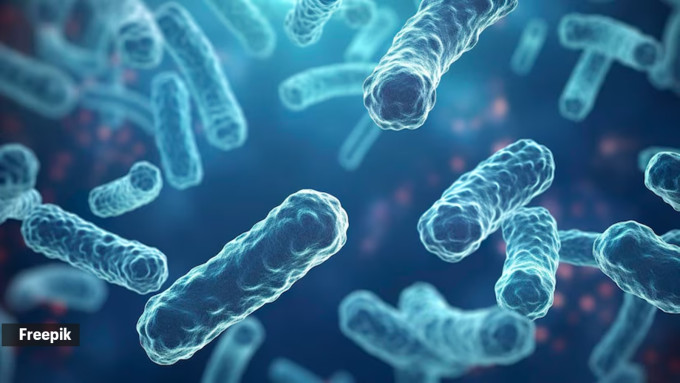‘Superbug’ discovery on ISS raises health concerns for Sunita Williams, other astronauts; can it affect people on Earth?
The discovery of a drug-resistant ‘superbug’ on board the International Space Station (ISS) has raised alarming health concerns for the orbiting crew, including Indian origin astronaut Sunita Williams.
According to reports, researchers from the Indian Institute of Technology-Madras (IIT-Madras) and NASA’s Jet Propulsion Laboratory (JPL) are conducting a ‘pivotal study’ on this multidrug-resistant pathogen. The research has raised significant health concerns for astronauts.
Identified as Enterobacter bugandensis, this hardy bacterial strain belongs to a class of pathogens notorious for their ability to shrug off multiple antimicrobial drugs. The study of this pathogen also holds potential implications for managing similar threats on Earth, the report states.

Dr Chaithanya H R , senior consultant physician at Athreya Hospital, confirms, “Enterobacter bugandensis is particularly concerning on the ISS due to its multi-drug resistance and its ability to mutate and adapt to the unique conditions of space. This bacterium is known for its resistance to several antibiotics, making it difficult to treat if an infection occurs.”
The confined environment of the ISS, he says, with its recycled air and limited medical facilities, exacerbates the risk. Additionally, the altered immune response of astronauts due to microgravity can make them more susceptible to infections.
Presence of Enterobacter bugandensis on the ISS compared to its presence and behaviour on Earth
On Earth, Dr Chaithanya explains, Enterobacter bugandensis is commonly found in hospital settings, particularly in intensive care units where it can cause severe infections in immunocompromised patients. “On the ISS, the presence and behaviour of this bacterium are similar to those in hospitals, but the challenges are amplified due to the closed environment and the logistical difficulties of medical intervention in space.”
 Dr Chaithanya H R , senior consultant physician at Athreya Hospital, confirms, “Enterobacter bugandensis is particularly concerning on the ISS due to its multi-drug resistance and its ability to mutate. (Source: Freepik)
Dr Chaithanya H R , senior consultant physician at Athreya Hospital, confirms, “Enterobacter bugandensis is particularly concerning on the ISS due to its multi-drug resistance and its ability to mutate. (Source: Freepik)
The bacteria can survive on surfaces and potentially colonise equipment and habitat areas, much like it does in hospital settings, he warns.
Influence of microgravity on bacterial behaviour and resistance
Microgravity conditions on the ISS can influence bacterial behaviour and resistance, suggests Dr Chaithanya. “Studies have shown that bacteria like Enterobacter bugandensis can mutate and develop enhanced resistance mechanisms in microgravity. The lack of gravity affects how bacteria grow and form biofilms, potentially making them more resilient.”
This adaptation can lead to more virulent strains that are harder to eradicate compared to those on Earth, he admits. Microgravity can also affect the immune response of astronauts, making it more challenging to fight off infections.
Measures are currently in place on the ISS to prevent the spread of Enterobacter bugandensis
Dr Chaithanya says, “The ISS has several measures in place to prevent the spread of drug-resistant bacteria, including stringent hygiene protocols, regular cleaning and disinfection, and monitoring of microbial populations.”
Despite these measures, he stresses, the discovery of Enterobacter bugandensis highlights the need for enhanced strategies, such as advanced air filtration systems and more frequent microbial surveillance. “The current protocols may need to be upgraded to ensure they are sufficient in light of this new threat.”
Disclaimer: The copyright of this article belongs to the original author. Reposting this article is solely for the purpose of information dissemination and does not constitute any investment advice. If there is any infringement, please contact us immediately. We will make corrections or deletions as necessary. Thank you.

